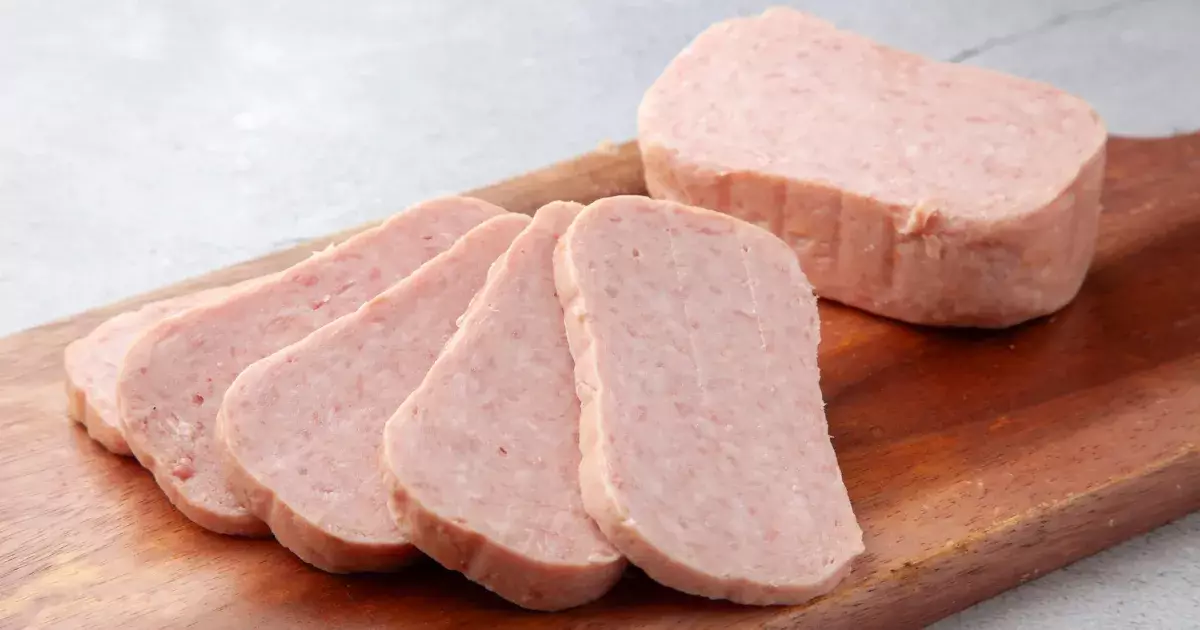When we think of treats for our furry friends, it’s natural to want to share a little bit of what we enjoy. However, some human foods can pose serious health risks to dogs. One of these is Spam, a heavily processed meat product that many might consider harmless. Despite its innocuous appearance, Spam is laden with issues that can endanger your dog’s health. While pork itself isn’t toxic, the problematic additives and high levels of sodium and fat in Spam can lead to dire consequences for your beloved pet.
Understanding Sodium Poisoning and Fat Content
Dogs are not equipped to handle excessive sodium intake, which can be found in great quantities in Spam. Regular consumption of high-sodium foods can result in serious health complications, including hypertension and heart diseases. Salt poisoning is a legitimate concern, especially if a dog manages to consume a substantial portion. The effects can range from minor irritation to life-threatening emergencies that necessitate immediate veterinary attention.
Additionally, the high-fat content found in Spam can contribute to obesity in dogs, a condition that can lead to a plethora of secondary health issues. Obesity not only reduces the quality of life but can also increase the risk of diabetes, joint pain, and other chronic conditions. It’s essential to remember that dogs do not need rich foods like Spam in their diet, as their nutritional needs differ significantly from ours.
The Harmful Additives We Don’t Consider
Moreover, Spam contains various preservatives and unnatural additives, such as nitrates, which can be harmful over time. These compounds may not affect us the same way they affect our dogs, who are often more sensitive to such chemicals. Chronic exposure to preservatives can lead to gastrointestinal issues and increased cancer risks in pets. It’s imperative to recognize that what seems like a modest indulgence can have cumulative long-term effects.
What To Do If Your Dog Eats Spam
If you’ve caught your dog in the act of devouring Spam, your response will vary based on how much they’ve consumed. A small bite might not warrant panic, but it’s still wise to monitor them closely. Keeping an eye out for signs of distress—such as vomiting or diarrhea—can help you assess their condition. However, if your dog ingests a larger quantity of Spam, calling your veterinarian is the best course of action. They will provide you with specific advice tailored to your dog’s unique needs.
Understanding your pet’s dietary restrictions can be challenging, but it’s crucial to prioritize their well-being. Instead of reaching for processed meats, consider healthier alternatives. Natural treats that align with your dog’s dietary requirements will not only promote their overall health but will also strengthen the bond you share with them.
By keeping items like Spam out of reach, you can ensure a longer, healthier, and happier life for your four-legged family member. Avoid the temptation to share your snack, and instead, offer them a wholesome treat that’s tailored to their specific needs. Remember, a dog’s diet should reflect their unique physiology, and being well-informed about their nutritional needs is key in safeguarding their health.

